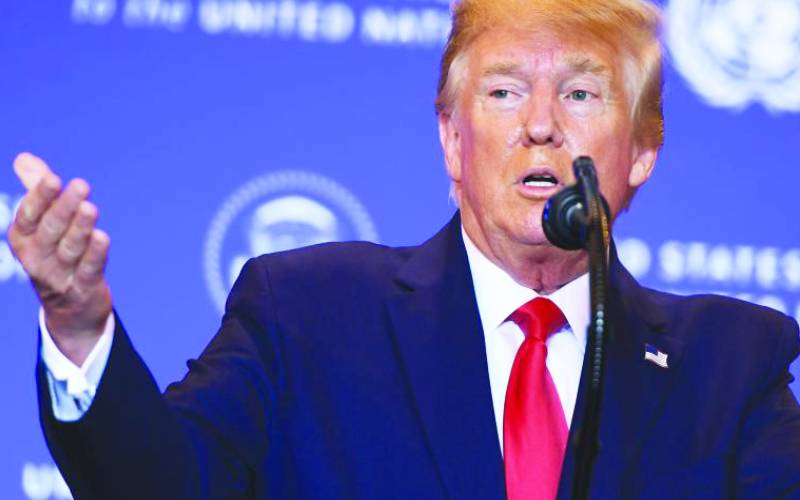×
The Standard e-Paper
Fearless, Trusted News

An emerging global trend portends trouble: The spreading series of two types of fresh uprisings against constituted order. First, there is an unexpected uprising from above in which leaders go against the accepted norms and overhaul tradition. Second, there is an uprising from below, with the people turning against their rulers or constituted authority. The two types are happening globally, giving the impression that something is amiss.